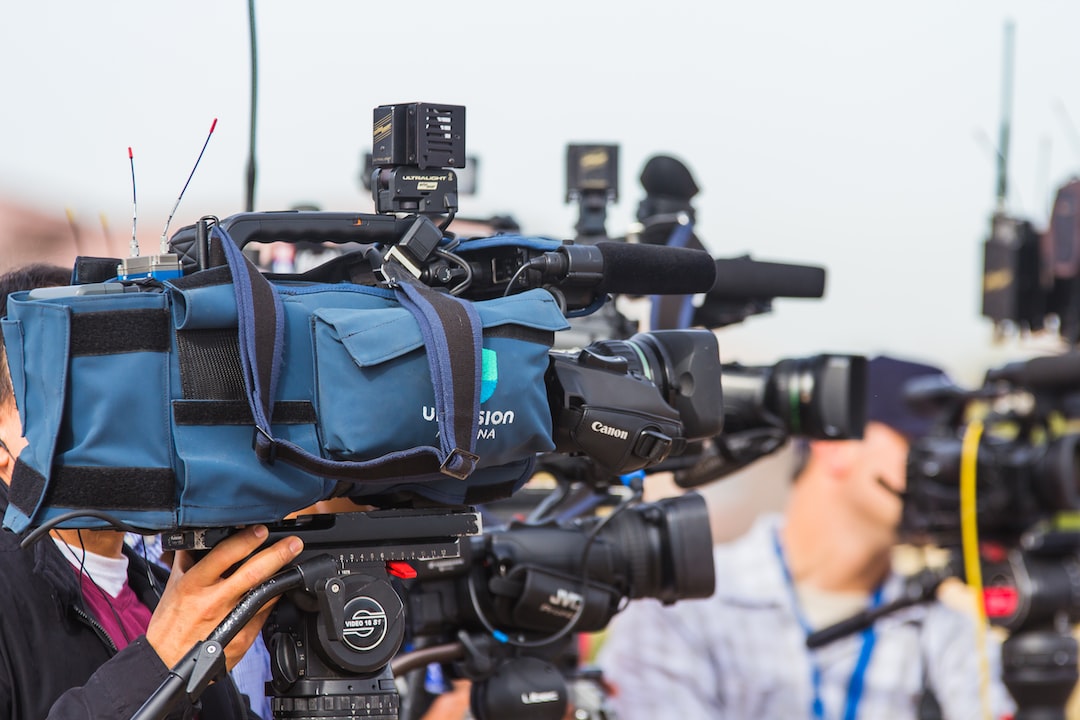The Journalism Challenges of Reporting in Conflict Zones
Journalism has always been a challenging profession, requiring reporters to gather information, verify facts, and present news stories in an unbiased manner. However, reporting in conflict zones comes with its own set of unique challenges that test the skills and resilience of journalists. These challenges range from physical risks to ethical dilemmas, ultimately shaping the way news from these areas is reported and consumed.
One of the foremost challenges faced by journalists in conflict zones is ensuring their personal safety. Reporters often find themselves in the line of fire, exposed to the same dangers as the combatants they are covering. Working in conflict zones means being constantly vigilant and aware of the potential risks, from bombings to sniper fire. The safety of journalists is a significant concern, and many have either been injured or lost their lives while reporting from such areas. Consequently, the setting up of safety protocols and training programs has become a critical component of journalism in conflict zones.
Another challenge faced by journalists in such areas is the lack of access to reliable information. Conflict zones are often dominated by propaganda and misinformation, making it difficult for reporters to verify facts and present an accurate picture to the public. Journalists must navigate through biased accounts, conflicting narratives, and lack of official sources to unearth the truth. This requires extensive research, corroborating information from multiple sources, and sometimes taking risks to access firsthand information.
Ethical dilemmas also arise in reporting from conflict zones. Journalists must balance their duty to inform the public with the responsibility to not exacerbate violence or endanger lives. The publication of certain information, such as sensitive military strategies or the identities of informants, can have severe consequences. Reporters often face pressure from both sides of the conflict to present a particular narrative, leading to ethical compromises that may compromise the integrity of their work. The trust between a journalist and their sources becomes even more critical in these situations, as they rely on the honesty and accuracy of the information provided.
Journalists in conflict zones must also deal with the psychological toll of witnessing and reporting on the atrocities of war. The constant exposure to violence, death, and suffering can take a significant toll on the mental health of journalists. Post-traumatic stress disorder (PTSD) is common among reporters in conflict zones, leading to long-term effects on their well-being and ability to continue working in the field. Media organizations need to provide adequate support systems and counseling to ensure the welfare of their journalists in these challenging environments.
In addition to these challenges, journalists face practical hurdles in their daily work. The infrastructure of conflict zones is often devastated, with limited access to basic necessities such as electricity and internet connectivity. This makes regular communication and filing reports a daunting task. Journalists may have to rely on satellite phones or other alternative means to send their stories to their respective media outlets. Additionally, there may be restrictions imposed by authorities, limiting the movement and access of journalists, hindering their ability to report from the ground.
Despite these challenges, reporting from conflict zones remains crucial for providing an unbiased account of the situation on the ground. It is through the work of journalists that the world becomes aware of the human cost of war and the various political, social, and economic aspects at play. Journalists serve as the eyes and ears of the public, highlighting the suffering of civilians, abuses committed by armed groups, and efforts towards resolution and peace.
In conclusion, the journalism challenges faced in reporting from conflict zones are multifaceted and require a unique set of skills and resilience. From physical risks to ethical dilemmas, journalists in these areas must navigate through various hurdles to present an accurate and reliable account of events. Media organizations, governments, and society at large must recognize the importance of the work done by journalists in conflict zones and provide the necessary support and protection to ensure the continuation of their crucial role in informing the world.
